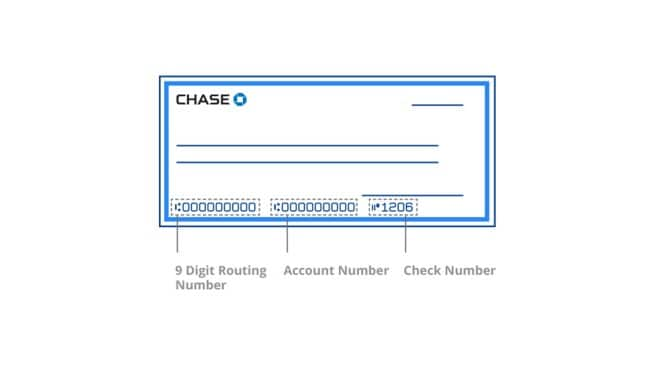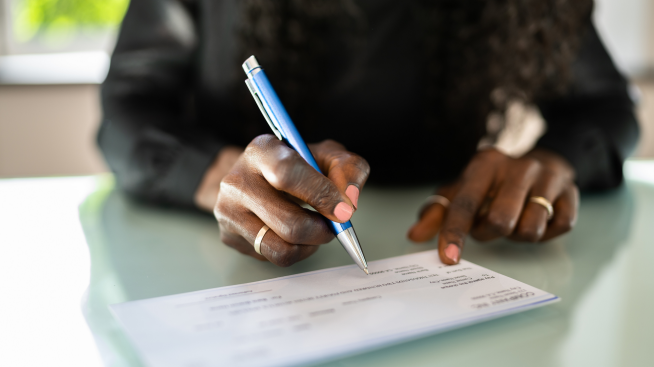Do checks expire?

Checks can be a convenient way to make and receive payments. However, if you’ve ever found a check several months after it was issued, you may have wondered, “Do checks expire?” It’s a good question to ask, and the answer will likely depend on the type of check.
Do personal checks expire?
It’s typical for personal checks to expire after six months. This time frame is laid out in the Uniform Commercial Code (UCC), a set of laws that govern commercial transactions in the United States. After six months, it’s generally at the bank’s discretion whether a personal check is considered expired.
This expiration date makes sense when you consider that people often use checking accounts for smaller, day-to-day expenses. By not cashing a check in a timely manner, it may cause the account to be out of balance.
If you’re cashing older checks, it may make sense to contact the issuer first. Perhaps they could re-issue the check or confirm they can still honor it.
Do blank checks expire?
Blank checks, or unused checks, that are truly blank — no names, amounts or dates filled in — generally don’t expire, provided that the associated account is still active. When writing checks, remember to fill out all the fields.
Do certified checks expire?
A certified check is a check verified – or certified – by a bank ensuring that the stated funds are available in the account to cover the check. The funds are set aside until the check is deposited. Though certified checks typically don’t expire, they are often subject to state unclaimed property laws.
What is a void check?
You may, on occasion, see personal checks with pre-printed voiding instructions — “Void after 90 days,” as an example. In most cases, this is a way to nudge people to cash checks in a timely manner. Most banks still honor personal checks for a full six months (180 days) after the issue date.
When does a government check expire?
Checks issued by the federal government (such as tax refunds or benefits) usually carry an expiration date of one year. If you miss this deadline, you may contact the relevant government agency to request the check be re-issued.
State and local government checks
Checks from federal agencies are normally valid for approximately a year, but expiration dates for checks from state and local governments may vary. Contact the relevant authorities for more information.
Other types of checks
There are different types of checks beyond personal and government checks. Each type of check has its own expiration guidelines. Be sure to review the check for an expiration date or timeframe.
Cashier’s checks
Cashier’s checks can be a little confusing with regards to expiration dates, which can vary based on local laws. If a cashier’s check has a pre-printed expiration or void date, it’s probably best to cash it before then.
Traveler’s checks
Traveler’s checks don’t normally expire if the issuing bank or institution is still in business. You can also use traveler’s checks while not traveling.
In summary
As noted above, banks are legally obligated to honor a personal check for up to six months. If you find an expired check, you may want to contact whoever issued it before attempting to cash it.
If you can, it’s usually best practice to cash checks when you receive them. This facilitates a more seamless payment experience for both the sender and the receiver.
Not a customer yet?



